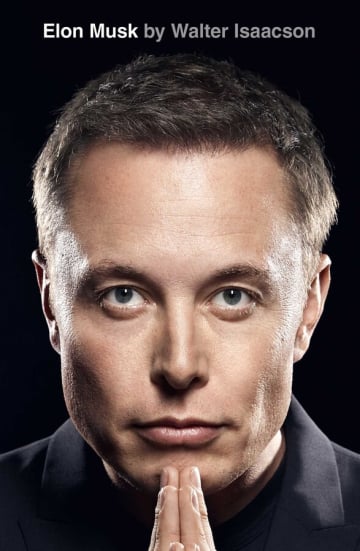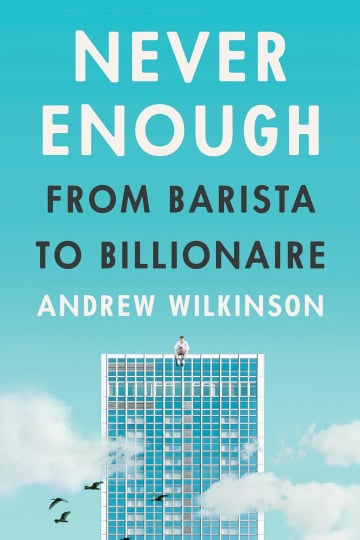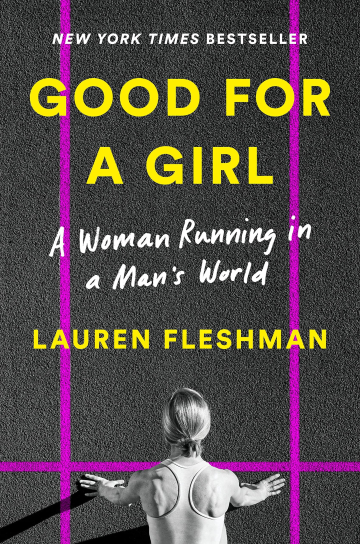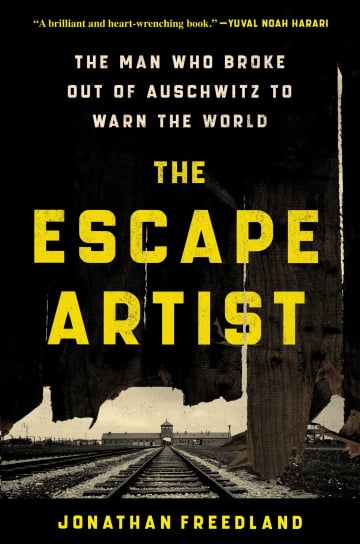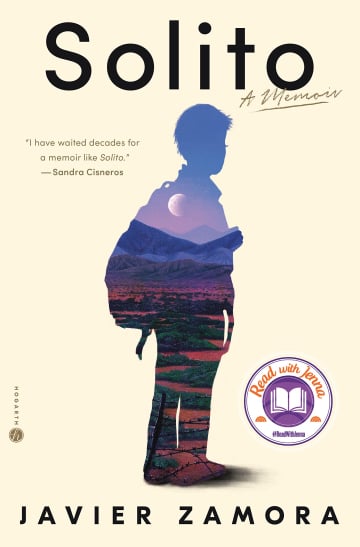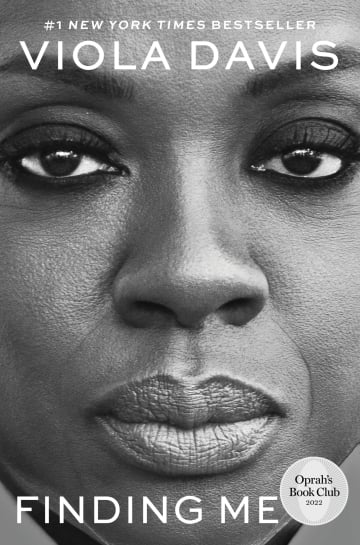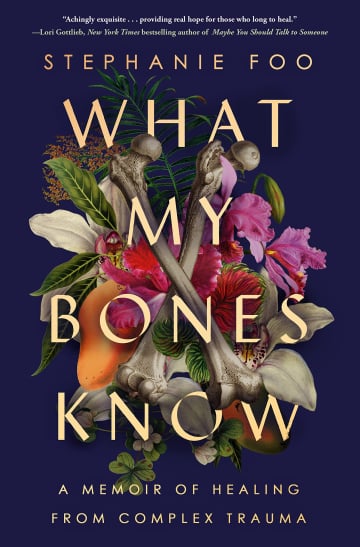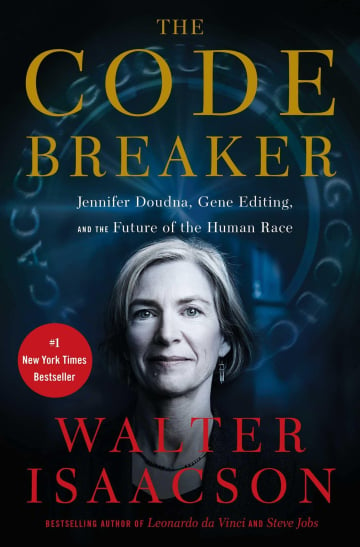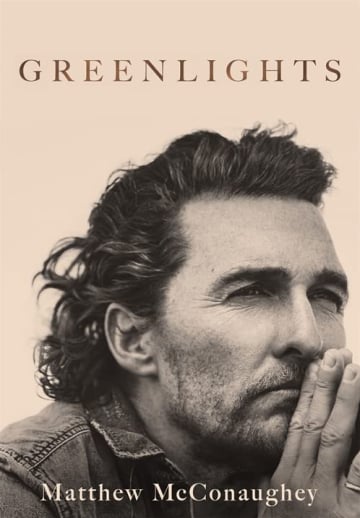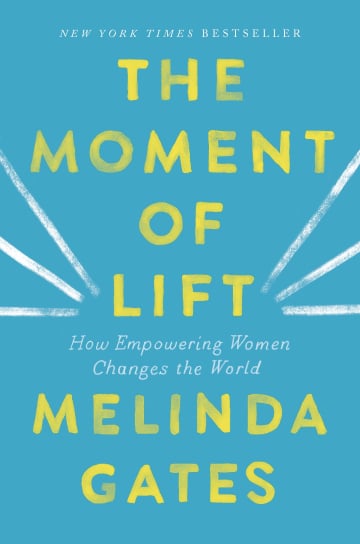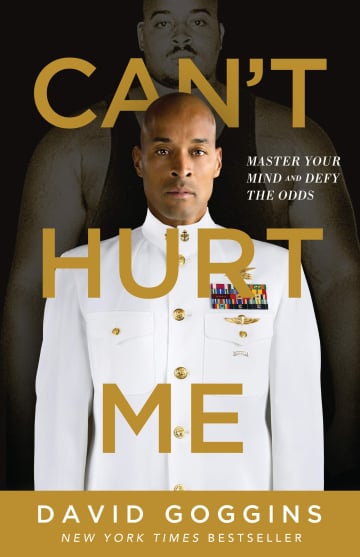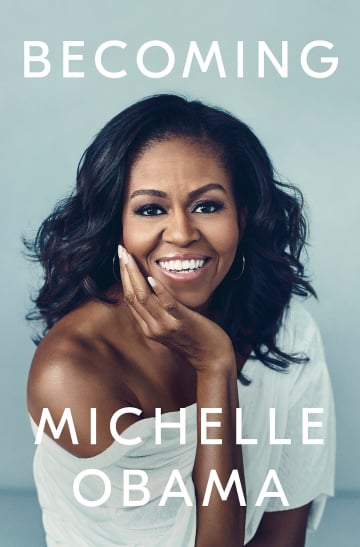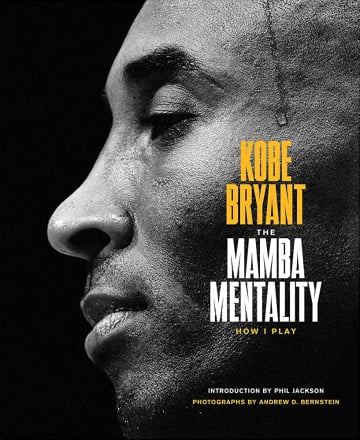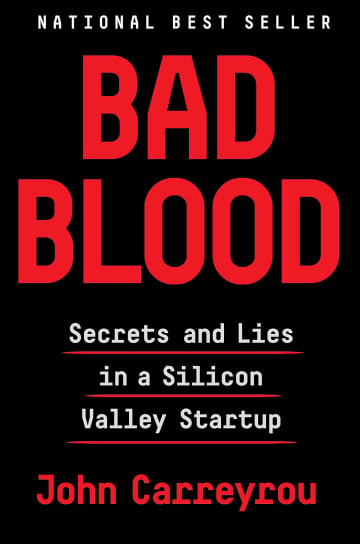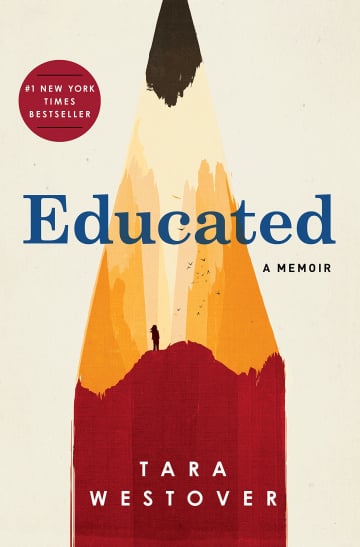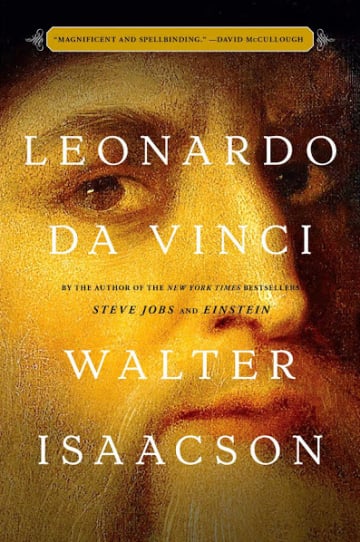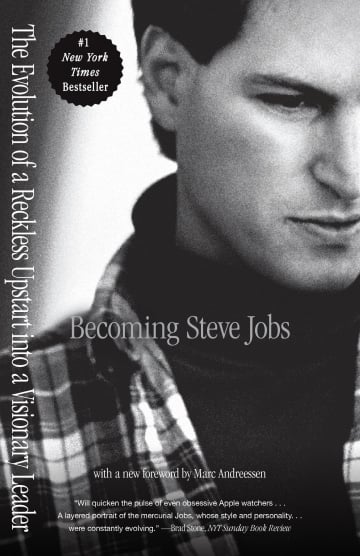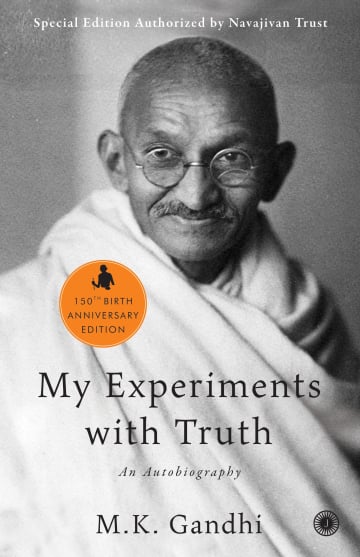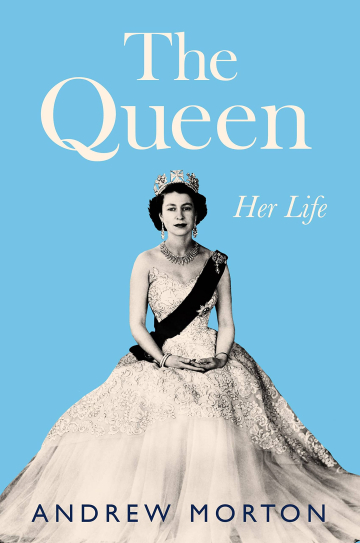
The Queen: Her Life
⚡️ 17 Quotes from the book
“The queen had been part of my life forever. Growing up, the queen and her family were like the white cliffs of Dover, immutable, impregnable, there. A fact of life, like breathing.”
“Like her father, Elizabeth had now transitioned to become a living symbol of the monarchy, her name mentioned in prayers, her doings and her dogs now the daily fodder for the breakfast newspapers, her life owned by the nation. She became, along with the Hollywood child star Shirley Temple, the most famous face in the world, a subject of wonder and adoration.”
“The queen wanted her daughter to be happy but fretted that Philip, self-confident, independent-minded, and ambitious, would find it difficult to accept the junior role in a marital partnership with the future queen.”
“She made clear from the opening sentence that her life, which she voluntarily yoked to the growth of the Commonwealth of Nations, would not be an all-white affair. “On my twenty-first birthday, I welcome the opportunity to speak to all the peoples of the British Commonwealth and Empire, wherever they may live, whatever race they come from and whatever language they speak.””
“Marriage changed Elizabeth. She seemed more womanly, more assured, and more confident. The family dynamic had changed. Her world now centered on her husband and rather less so her parents and sister.”
“She may have been the one to wear the crown but she was not head of the household. That was Philip’s dominion. While it had been that way from the beginning of their marriage, it became even more pronounced now that she was queen.”
“She was learning on the job, and learning quickly. Her courtiers were impressed by her dedication, attention to detail, and brisk no-nonsense approach. Practical rather than poetic, she read documents more quickly and thoroughly than her father had, and she retained information more accurately.”
“Margaret was different from her sister but similar in so many ways. Romantically they both fell for the first man they met and ignored the wishes of their parents, particularly their mother, to find happiness with a duke or an earl.”
“It was a genuine break from the past, a step change that the queen had long dreamed about. She had often talked about her children being able to lead relatively “normal” unrestricted lives. This unique trial to integrate young royals with other children began in November 1956 when Prince Charles was enrolled at Hill House, a small private school in Knightsbridge, just a five-minute drive from the palace.”
“The success of the investiture and the Royal Family documentary had a real impact. The queen personally noted the increased size and enthusiasm of the crowds, anecdotal evidence matched by favorable opinion poll findings.”
“The queen and her consort enjoyed a very royal marriage; Philip and Elizabeth were from a generation that expected loyalty, if not fidelity. She was prepared to forgive him almost anything because he had been such a supportive and steadfast consort.”
“It was not only her formal regalia that caused her to watch her weight. As the most traveled monarch in history, she recognized that planning for her visits took place months, sometimes years, in advance. She might be being fitted for gowns and dresses that would not see light of day for many months. Hence the careful diet to avoid unnecessary alterations.”
“Thankfully the ever-eager media had not gotten wind of the real drama that was taking place beneath the queen’s roof. With every passing day, it became clearer that the marriage of the Prince and Princess of Wales, the future king and queen, was not working.”
“Between the queen and Diana there was an uncomprehending respect. While the queen recognized Diana’s popularity and her ability to physically embrace the public, a quality that was not part of her own DNA, she found her tears and tantrums hard to grasp. For her part Diana admired and respected the queen because of her unrelenting stoicism, a characteristic that was not part of her personal makeup.”
“As the respective staffs of the queen and the Prince of Wales tried to decide the official response to Diana’s death, the queen wisely ordered the removal of the radio and television from the boys’ nursery. She did not want the princes to hear about the news from anyone but their father. William and Harry were her immediate and continuing priority.”
“She became the longest-reigning female monarch in world history, although she treated the historic moment as just another day in the office when she opened the new Borders Railway at Tweedbank in the Scottish Borders.”
“Queen Victoria earned herself the title grandmother of Europe, while Queen Elizabeth II has become grandmother to the United Kingdom and the Commonwealth. The longest-serving monarch in history has devoted herself to her family, her people, and the wider family of nations.”
Related videos
Other books by Andrew Morton
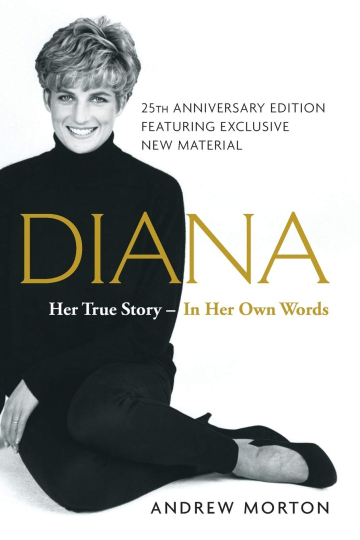
Publications
The New York Times: Yet Another Serving From the Royals Banquet
The Washington Post: Princess Diana confided in Andrew Morton. What more is there to divulge?
Vulture: Mum’s the Word: Elizabeth Remains a Cipher in the New Biography The Queen: Her Life
Everything Zoomer: The Queen: Her Life
Ask Albert:
Rate the book
⚡️ Discover Even More Bookish Wisdom
recommends
recommends
recommends
recommends

